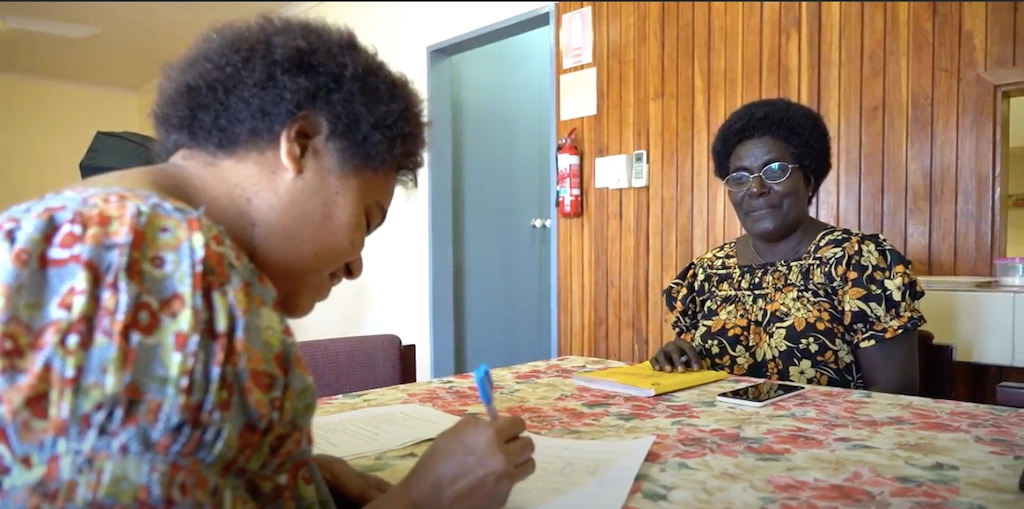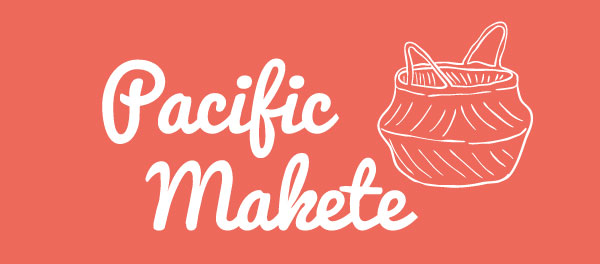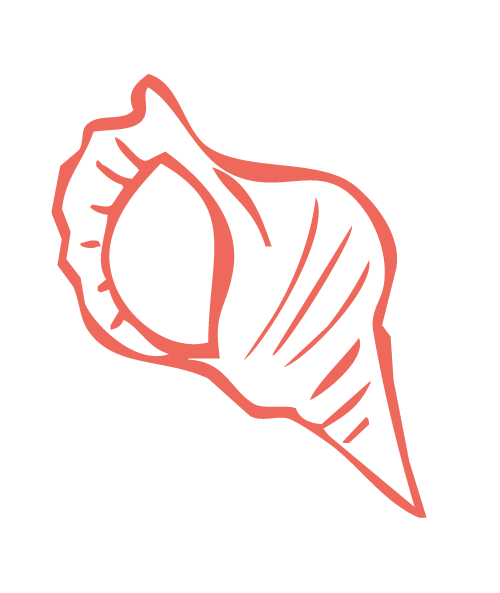Financial literacy helps PNG women-owned businesses to thrive

The Asian Development Bank (ADB) says Papua New Guinea has the largest gender gap in financial inclusion in the Pacific region, with 29% of women less likely to have access to formal financial services.
Multiple factors contribute to this inequality, including a low level of financial management and digital skills among women.
The accelerated use of digital technology and digitalisation of financial products and services in recent years has removed some hurdles for women trying to access finance. However, women in PNG are disadvantaged even in digital access. According to the UN Capital Development Fund, while half of the overall population owns a mobile phone, only 16 percent of women own one. The percentage of women who have a smart phone, which is typically required for digital banking, is even less.
The limited digital and financial literacy of women hinders their ability to fully appreciate the benefits of mobile technology and their willingness to make investments in mobile phones and digital technology.
Digital and financial literacy trainings can help women entrepreneurs to overcome their hesitation to access digital financial services and manage their business efficiently. Recently, ADB stepped in to help bridge this literacy gap through a programme of business enablement trainings in PNG to help women entrepreneurs understand and navigate the financial system and use financial services effectively.
The trainings, supported by ADB’s Women’s Finance Exchange (WFX), focused on financial management, technology and digital tools, and e-commerce. The women were also trained to record their business transactions on an “app” on their mobile devices to integrate their financial data that financial institutions can use to assess a person’s credit worthiness.
These trainings were conducted under the Women Accelerating Vibrant Enterprises in Southeast Asia and the Pacific (WAVES) program and financed by the Women Entrepreneur Financing Initiative (WeFi). Adapting to the challenges posed by the pandemic, the trainings were provided online to more than 200 women entrepreneurs.
Business planning for better savings
Joycelyn Kekeao, a single mother of two from PNG’s Morobe province, runs an online marketing company that connects suppliers of traditional hand-woven string bags called bilums, as well as arts and crafts and food products, from her village to potential buyers using social media. She gets 10% commission for every sale from the seller.
She believes the account management skills she learned at the training sessions helped her save money.
“The online training on business planning and debt management taught me to maintain separate personal and business bank accounts and use the funds in separate accounts as intended,” said Joycelyn. Before attending the training, she used to manage all her finances from a single account — a common practice among women small business owners — and struggled to save money.
“I have learned how to save money, which allowed me to expand my merchandise and grow my business.”
Delisha Wasem from East Sepik Province also attributes her improved household savings to the online trainings. She runs a business selling beauty products online. The business did well but she struggled to save money as her personal and business expenses weren’t kept separate.
“I have seen a rise in cash flow from my retail activities since I undertook the training on business enablement. I have also learned how to save money, which allowed me to expand my merchandise and grow my business further.”
“The training also built my capacity in marketing, including strategic identification of potential buyers, and helped me to sell products that did not have much demand earlier.”
E-commerce for retail business
Joycelyn credits the training’s e-commerce module for enhancing her understanding of online businesses and helping her in strategic marketing. Her business now has 1600 followers on social media, mostly acquired after the training.
The training and one-on-one debt counselling session helped Cecilia Pepson, a mother of five school- and college-aged children, to revive her struggling business. Cecilia used to rent apartment units to foreigners and expatriates in Port Moresby to pay for her children’s education and supplement her husband’s government salary. When the COVID-19 pandemic struck in early 2020, her tenants left the country, leaving her with no income and the added stress of maintaining her properties.
“The training taught me how to advertise my business online and that helped us to make a breakthrough,” she said. “It made us visible to the outside world. Now we have people calling every day to inquire about room availability. There are days when we have full occupancy.”
Bepi Kema, who runs a small convenience store and owns a small retail business selling hand-crafted baskets and bilums, had a similar experience. “My art and craft business depends on marketing products on online platforms, and the e-commerce module of the training helped me promote my business and sell more products,” said Bepi. The digital and financial components of the training provided her with the tools and insights she needed to grow her business.
Community to lean on
Besides developing the skills of women entrepreneurs, the capacity building trainings helped to build a community where women could share experiences and lessons learned. This has transformed them into force-multipliers for good business practices by making it easy to share these insights with other women.
“This training connected me with other women small business owners and provided us with an opportunity to share our experiences in managing our businesses,” said Cecilia.
“We encourage and motivate each another to pursue our aspirations. The resilient spirit of like-minded women boosts my morale and inspires me to persevere against the odds.”
The trainings have also helped women to build competence and confidence to access and use financial services effectively. This has a tangible impact on their household incomes, and so on the future well-being and prosperity of their families.
Bepi has already taken the next big step in her business. She obtained a loan from a WFX supported microbank to expand her business. “The loan has enabled me to expand my inventory and keep a stock of goods, helping to grow my business,” she said.
Source: ADB

